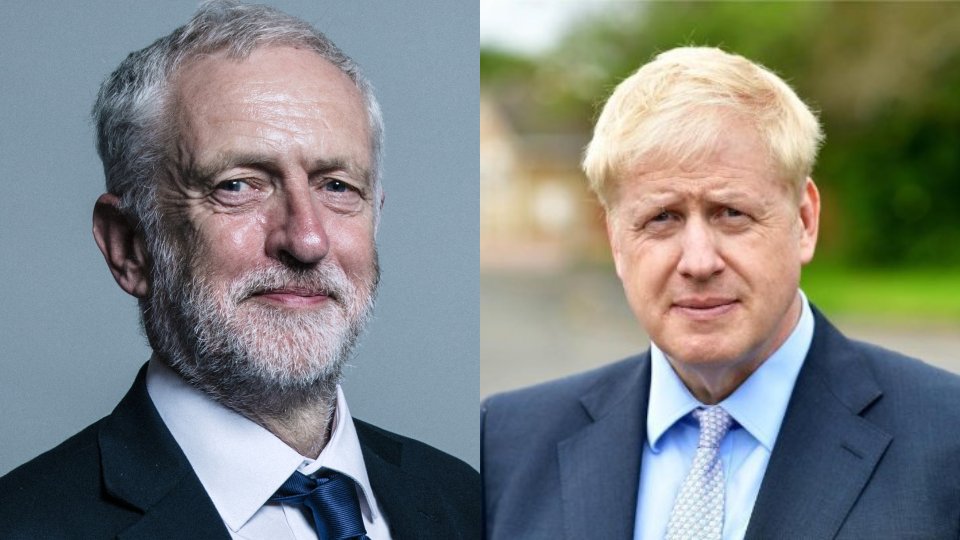
UK polls goes ‘Presidential’; Johnson, Corbyn campaigned more

The “Presidential” bug has bitten Britain too, or so it seems. As the once great Britain goes to vote on Thursday (December 12) — in what is considered a referendum on Brexit — one feature that stood out in the parliamentary nation was the “Presidential” style of campaigning seen in the last few days.
A study by Loughborough University noted that Prime Minister Boris Johnson led campaigning for his Conservative Party with 31.7 per cent media coverage among all leaders, according to a Guardian report. His primary opponent Jeremy Corbyn of the Labour Party stood second in the list, with 26.9% media coverage. The two together accounted for over half the appearances made by all leaders.
For those who followed, the numbers dropped significantly, starting from 8.2% for John McDonnell (of Labour Party) the shadow chancellor, signalling a focus on top leaders.
The levels of “presidentialisation” of the election campaign were broadly in line with the 2017 campaign, David Deacon, professor of communication and media analysis at Loughborough University, was quoted as saying by the Guardian.
While this is a norm in the US, where the voters elect the President directly, the parliamentary system requires people to choose parties. The party that wins the majority gets to form the government and its leader becomes the Prime Minister.
However, in recent times, the Presidential style is becoming hard to resist for parliamentary nations.
Also read | EU agrees new January 31 Brexit deadline
In the April-May Lok Sabha elections in India, the BJP also went with a presidential style, projecting its leader Narendra Modi as the prime ministerial candidate. It gave the impression that the people were voting for the man and not the party.
The style could be one of the reasons for Modi’s victory, given that the opposition, including the primary opposition party Congress, failed to put up leader who could be seen to challenge Modi.
British parties’ move to go the Presidential style could be because of what’s at stake — Brexit or Britain’s exit from the European Union, that has seen the country divided and in chaos for the last three years.
The elections will decide whether Britain will stay or leave the Union, as the parties have taken a clear stand — Conservatives for Brexit and Labour for stay.
With smaller parties in the fray, there is a possibility of fracturing the vote share, resulting in a hung house. The two main parties would not want to leave that option open, and will look to consolidate votes to avoid having to depend on the minors.
On the last day of the campaign, Johnson asserted that the country will move forward “only if you get Brexit done”. Harping on his party’s ambitious, “amazing agenda”, he told the BBC, “We can achieve all of these things. But we can’t if our politics is paralysed by Brexit. We have to move it forward.”
On the other hand, dismissing exit polls that gave a clear victory to the Conservatives, Corbyn told the country’s national broadcaster that if voted, the first thing he would do was “deal with the worst levels of poverty in Britain”.


